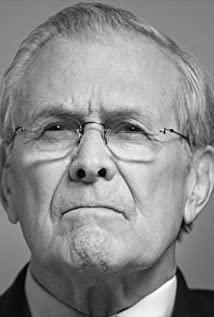The power of this film can be seen in two ways. On the one hand, we can be alert to the passive and simple tubular way of thinking that what we see and hear is the truth, try to reconstruct and interpret information from different angles, and explore the inevitable incentives that may exist behind accidental events; on the other hand, it is easy to lead us into A black hole of infinite skepticism, suffering from persecution paranoia, thinking that what we see is the truth that others try to make us believe, not the truth itself.
So, what is the truth? Is it the pervasive mass media and high-profile official rhetoric, or is it a leftist director's interpretation of historical events in a film by analogy? Is the greater the amount of information, the closer to the truth, or is the truth dead and can never be restored, is cynicism the right way?
View more about
Zeitgeist reviews











